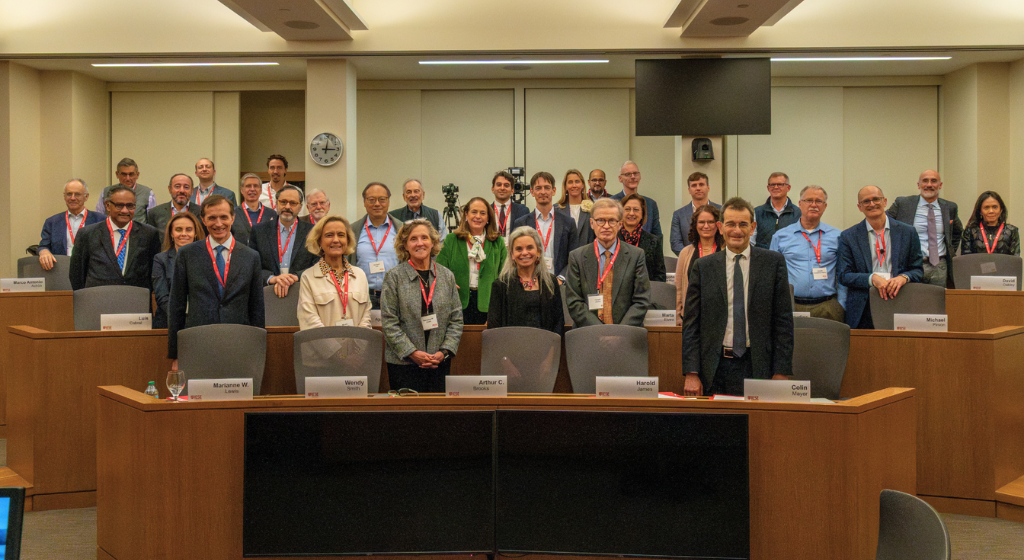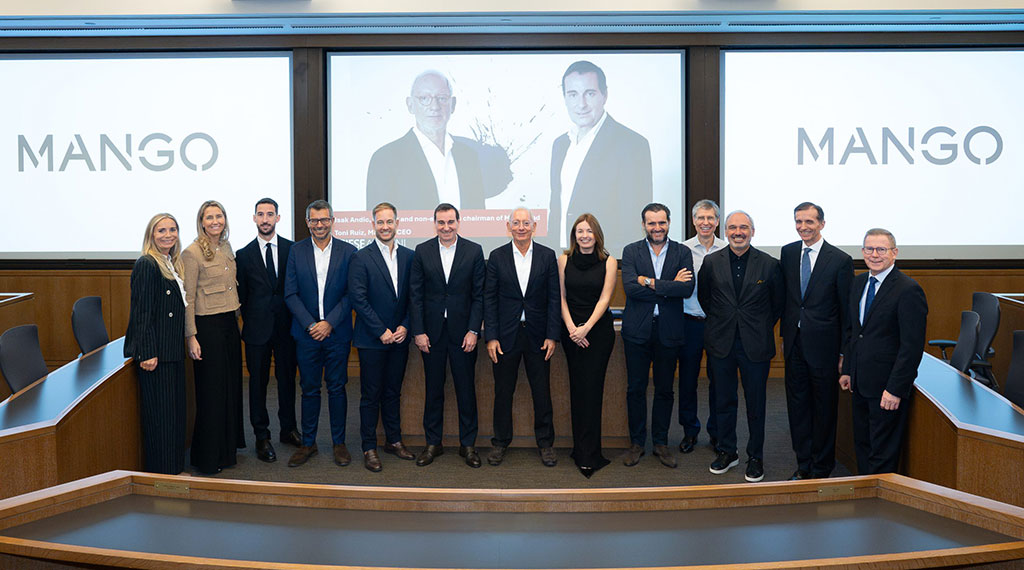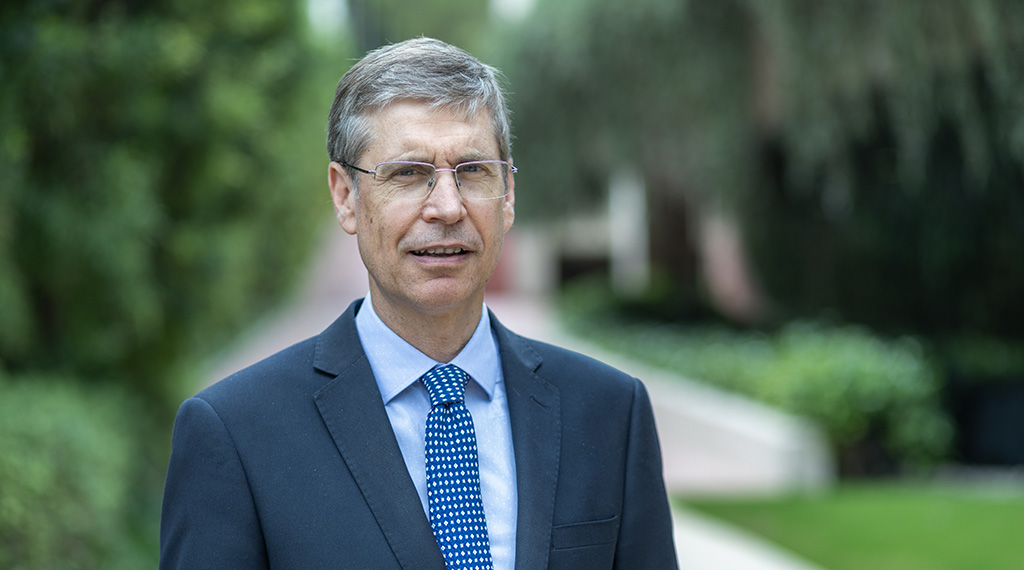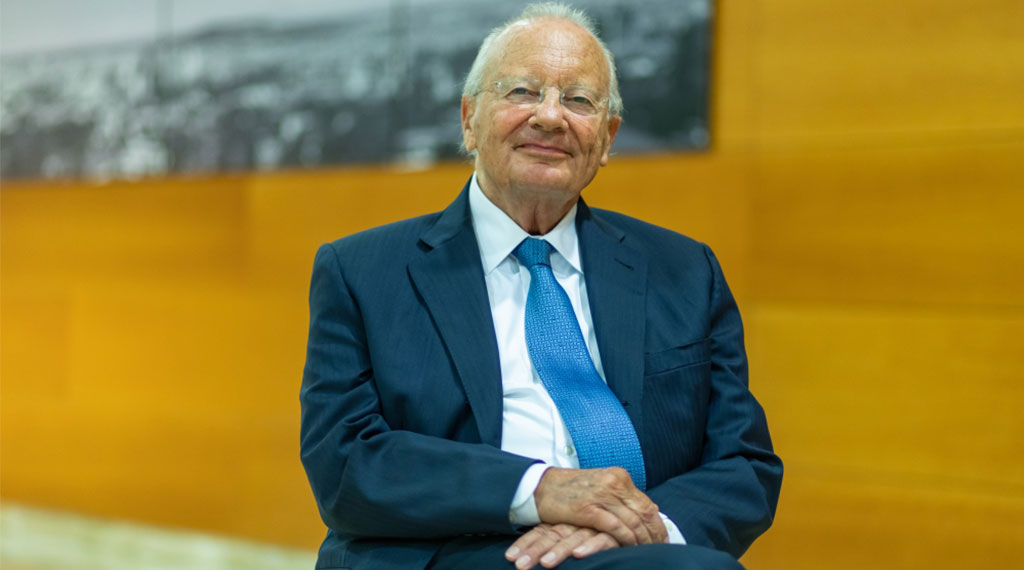Stories
From polarization to understanding: bridging divides in business and society
A cross-disciplinary conversation on dignity, leadership, and the search for common ground.
November 24, 2025

Polarization has become one the driving forces of today’s society. It is a global phenomenon that has a negative impact on individuals, families, communities, organizations and countries. As a joint-event of IESE Business School and The Social Trends Institute, Professors John Almandoz and Jordi Canals organized the conference, “From Polarization to Understanding: Bridging Divides in Business and Society” in New York City, on October 30-31, 2025.
This international and multidisciplinary conference brought together leading scholars from different fields (management, political science, psychology, economics, philosophy and history) to examine polarization. Rooted in the conviction that polarization erodes trust and cooperation across institutions, the conference aimed to understand its causes and explore pathways toward renewal. Designed as a space for open and intellectually rigorous dialogue, it fostered spontaneous, cross-disciplinary conversation among economists, sociologists, philosophers, political scientists, and management scholars.
The event unfolded through a series of interactive sessions, each pairing speakers from distinct disciplines to encourage reflection and debate. What distinguished the gathering was its conversational tone—collegial, reflective, and unbounded by academic formality. Scholars and executives engaged in dynamic exchanges, exemplifying the spirit of dialogue the conference sought to champion.
In the opening session Arthur Brooks, Harvard University professor and author of Love Your Enemies, examined the psychology of division. Drawing on behavioral science and moral psychology, he explained how narcissism, Machiavellianism, and psychopathy—traits collectively known as the “Dark Triad”—amplify contempt and moral decay in politics, social media, and leadership. Brooks urged leaders to combat fear and resentment by treating people as ends in themselves, with dignity, and by having faith in humanity. John Almandoz of IESE Business School complemented this with reflections on transcendent leadership—the capacity of organizations to cultivate solidarity and meaning even amid pluralism.
The second session, led by Wendy Smith and Marianne Lewis, coauthors of Both/And Thinking, explored paradox theory as a framework for overcoming polarization. They argued that leaders and societies must learn to hold opposing values—competition and cooperation, individuality and community—in productive tension. By embracing complexity rather than collapsing into binary thinking, organizations can model the coexistence of difference that pluralistic societies require.
In the third session, historian Harold James (Princeton University) and management scholar Ruth Aguilera (Northeastern University) traced the institutional and historical roots of polarization. James connected today’s social divisions to past periods of inequality and institutional decay, arguing that globalization has again outpaced the moral and political frameworks needed to sustain it. Aguilera, approaching the issue from corporate governance and strategy, analyzed how global firms navigate fragmented institutional environments where competing logics of market, state, and civil society pull in different directions. Their dialogue bridged economics, history, and management, suggesting how equilibrium among institutions is key to rebuilding societal cohesion.
The fourth session, which opened the second day, focused on the role of business in addressing polarization. Colin Mayer (University of Oxford) described business as both villain and victim in this dynamic. He called for a redefinition of corporate purpose toward “profiting without harm,” where companies succeed by creating social and environmental value. Responding to him, Claudine Gartenberg (Wharton) argued that while business has moral responsibilities, the concept of “social profit” is inherently difficult to measure. She emphasized the need to rebuild robust public institutions and modern checks and balances so that companies can innovate responsibly without becoming political battlegrounds.
The fifth session examined how technology and media shape polarization. Sinan Aral (MIT) presented groundbreaking research linking social media, residential segregation, and the aftermath of COVID-19 to declining cross-group interaction, which has important implications for polarization. Luis Cabral (NYU) offered a counterpoint through his “seven theorems,” contending that the extent of polarization is often exaggerated and that social media reflects rather than drives ideological division. His final “Power of One” theorem underscored the importance of small, face-to-face interactions as the most powerful antidote to social fragmentation.
The sixth session turned to leadership motivation and moral renewal based on human dignity. Michael Pirson (Fordham University) connected humanistic management and intrinsic motivation to the pursuit of balance, rather than maximization of profit, and the common good, suggesting that moral leadership is essential to overcoming polarization.
The conference concluded with Robert George, Professor of Jurisprudence at Princeton University, who spoke on Freedom of Speech in the Era of Feeling. He warned that the erosion of free expression and open debate threatens both academia and democracy. True freedom, he argued, requires courage and civility—the willingness to engage respectfully across differences and to pursue truth with humility.
The conference modeled what it advocated: open, reflective dialogue across worldviews and disciplines. It demonstrated that leadership grounded in purpose, dignity, openness, and search for the truth and the common good can serve as a unifying force in a divided world.


